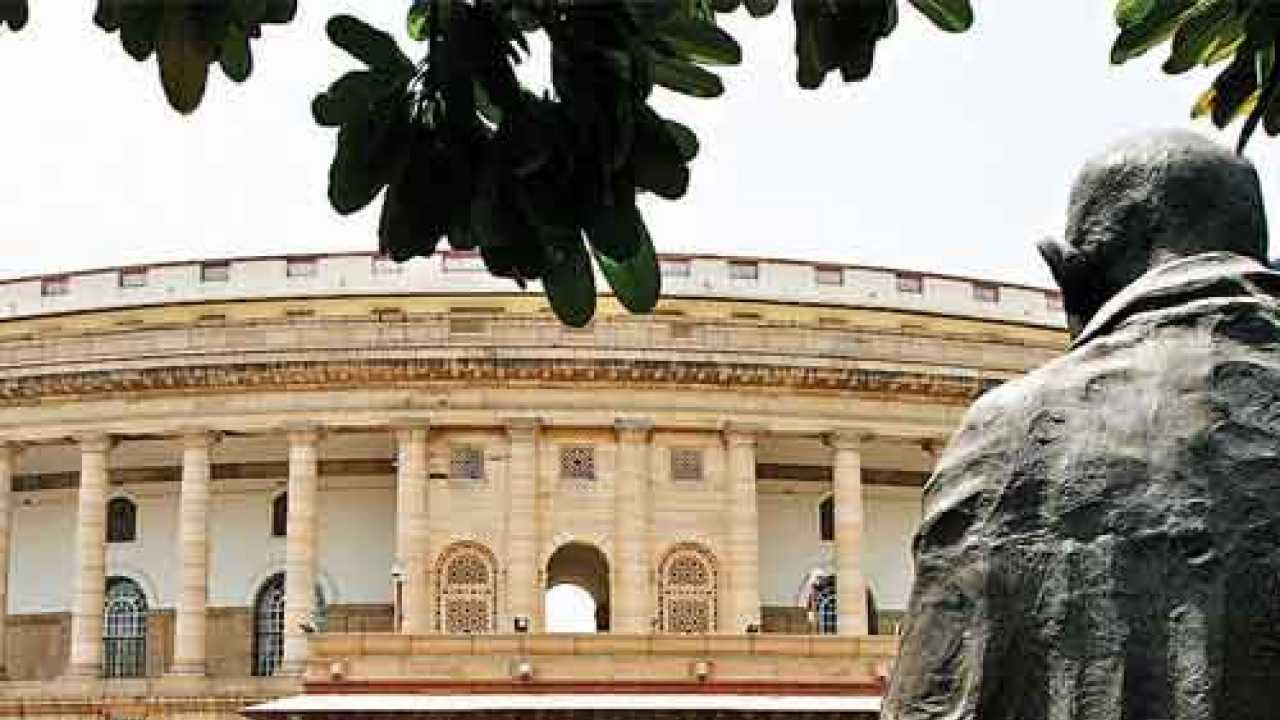
The Supreme Court ruling forbidding persons in jail from contesting elections is a welcome judicial intervention in ongoing civil society efforts to purge criminal elements from politics. The order, coming soon after the same Bench pronounced another significant — but less problematic judgment — disqualifying convicted legislators, has predictably upset politicians. Political parties have continued to mock India’s liberal Constitution by distributing tickets to criminal elements, some of them in prison, thus vitiating the promise of a model polity.
However, the judgment should have instituted safeguards to alleviate politicians’ worries about implication in false cases at the instance of rivals or ruling governments on election-eve.
The criminalisation of politics has intensified over the past three decades.
Criminal elements, used by political parties to achieve short-term goals, moved into the electoral arena when their influence and the fear they struck reached critical mass. Career politicians lured to crime and corruption, thanks to the relative immunity the profession enjoys and the culture of violence against rivals, have contributed in equal measure. Some party spokespersons have attempted to club such criminalisation with the Emergency witch-hunt that landed opposition politicians in jail and forced them to fight elections behind bars.
Others are worried about false implication in non-bailable offences including crimes against women. RJD spokesperson Manoj Jha was worried about politicians “accused of sedition, for waging war against the state, if they question the establishment”.
One struggles to remember an instance in post-1991 when politicians were accused of sedition or waging war against the state. Instead, we have Adivasis accused of being Maoists and activists like Binayak Sen and the Kudankulam protestors facing outrageous charges for voicing anti-establishment views.
The last big party-sponsored political movements this country saw where in the early 1990s. Even the political protests opposing the 1993 Mumbai riots or the 2002 Gujarat riots were at best mild. But to be fair to genuine political prisoners, the SC Bench could have allowed the State Election Commissioner to arbiter whether a jailed politician has a bona fide claim to contest elections on a case-by-case basis. After all, the EC has acquitted itself well and earned credibility for political neutrality. The apex court could also have considered the CEC plea seeking a six-month gap between framing of charges and elections.
Ultimately, the numbers and the names speak for themselves. Those who fought elections from jail or are legislators presently in jail include Raja Bhaiya, Mohammad Shahabuddin, Mukhtar Ansari, Munna Bajrangi, Pappu Yadav and Gopal Kanda. The numbers are more stark: 57 of Gujarat’s 182 MLAs, 47 per cent of UPs MLAs and 162 out of 543 Lok Sabha MPs are accused in criminal cases. When political parties refuse to do what is right, their reasons to crib about judicial overreach invites cynicism.